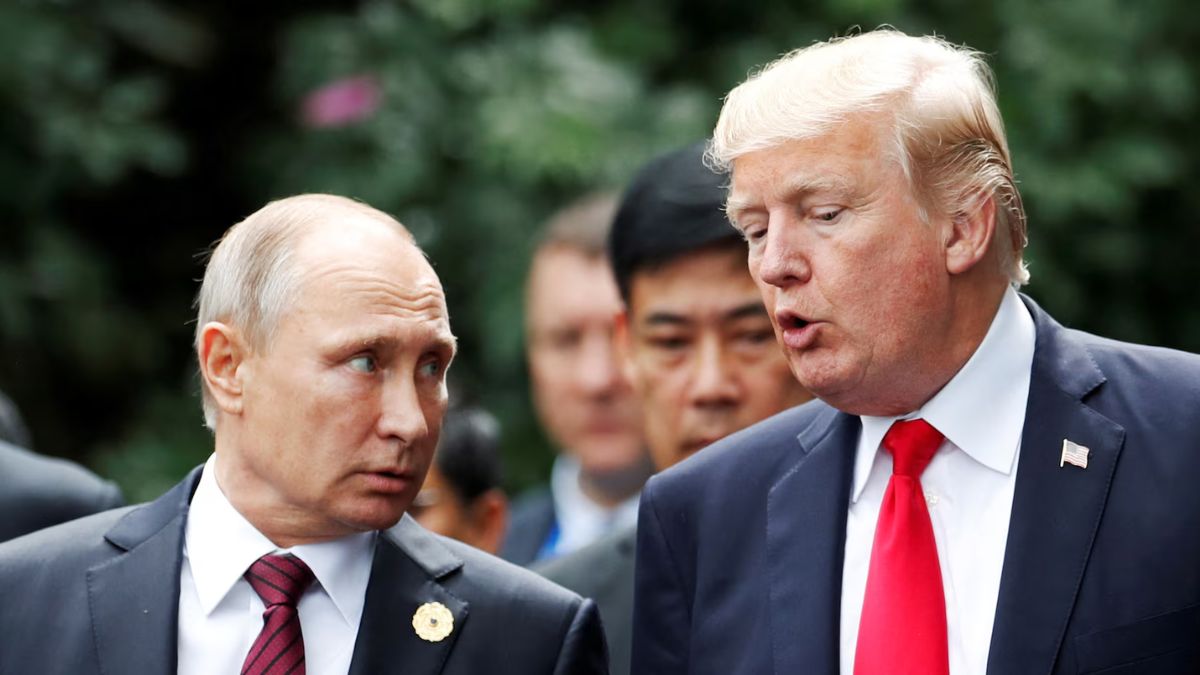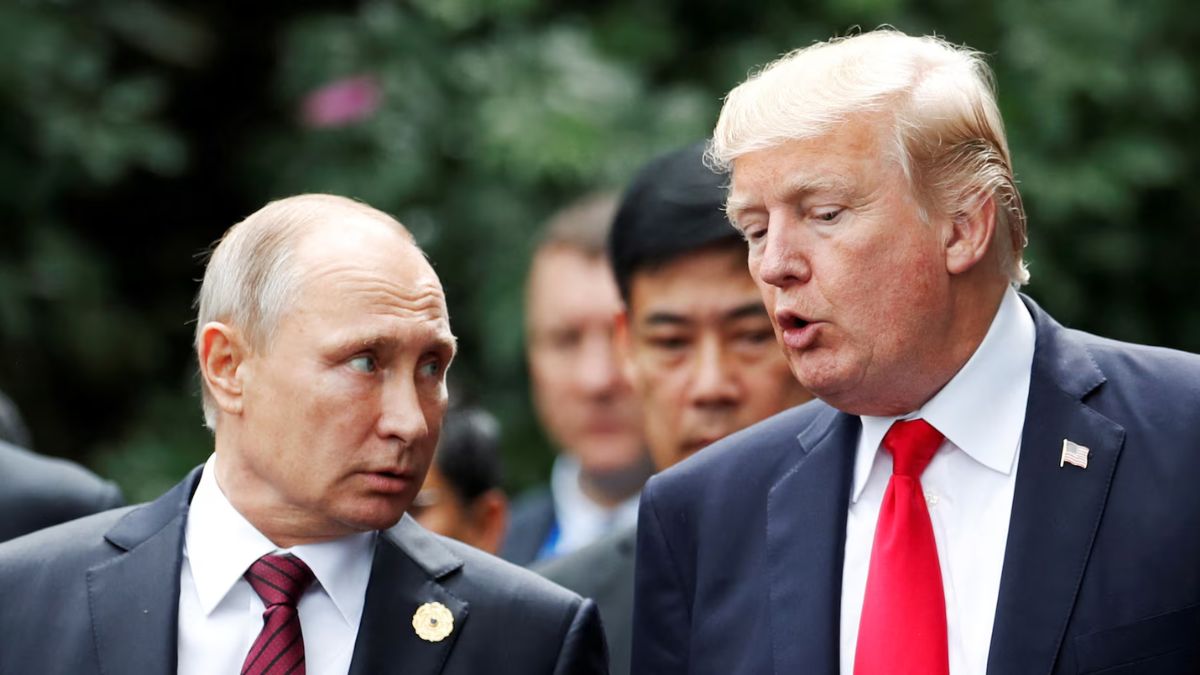In a shock announcement, Jagdeep Dhankhar resigned as the Vice President of India on Monday, becoming the first person to leave the office this way.
In his long political career spanning decades, Dhankhar transitioned from a Congressman to a Bharatiya Janata Party (BJP) leader. As governor and then the vice president, he frequently faced allegations of partisanship from Opposition parties.
Dhankhar contested his first election on a Janata Dal ticket for Lok Sabha’s Jhunjhunu seat in Rajasthan in 1989. He was associated with Congress during 1993-98 when he was an MLA in Rajasthan. He joined the BJP in 2008. He was the Governor of West Bengal (2019-22) before becoming the Vice President of India in 2022.
ALSO READ — Jagdeep Dhankhar resigns: How will the next vice president be elected? Who will chair Rajya Sabha?
Throughout all these years, Dhankhar’s popularity as a leader of the Jat community played a role in his rise. Here we retrace his political journey from a rally at Delhi’s Boat Club where he proved his credentials as a Jat leader in 1987 to his shock exit this week.
The Boat Club rally that propped Dhankhar
Dhankhar’s initial years in politics were defined by his relationship with Chaudhary Devi Lal, the Jat icon from Haryana who served as the Deputy Prime Minister of India (1989-91) when Dhankhar also served as a union minister in the governments of Prime Ministers VP Singh and Chandra Sekhar.
In 1987, Devi Lal organised a large rally of the Opposition at the Boat Club in Delhi and Dhankhar joined it with thousands of people from Rajasthan, earning praise from Devi Lal and laying the partnership of a yearslong alliance between the two Jat leaders.
Ranjit Singh Chautala, Devi Lal’s son and former Haryana minister, previously told The Indian Express that Dhankhar is like a member of the family and his entry into politics was inspired by Devi Lal.
“In 1987, Chaudhary Devi Lal had called for a rally of the Opposition at Boat Club in Delhi. Dhankhar brought as many as 500 vehicles full of people from Jhunjhunu to participate in the rally. Devi Lal patted him on the back. Devi Lal called him from his home and offered a ticket of Janata Dal to contest from the Jhunjhunu Lok Sabha constituency in 1989,” said Chautala.
Impact Shorts
View AllDhankhar’s turbulent time as governor, VP
After more than a decade in the BJP, Dhankhar was appointed as the Governor of West Bengal in 2019.
As the governor, Dhankhar often clashed with West Bengal Chief Minister Mamata Banerjee of the Trinamool Congress. Commentators often dubbed him as the principal opposition leader in the state over his sharp criticism of Mamata’s government and the way the two leaders used to clash.
Dhankhar’s time as the Rajya Sabha Chairman, in his capacity as the vice president, was much more turbulent. He frequently suspended Opposition members and the Opposition accused him of partisanship. They also moved a motion for his ouster. The motion could not pass.
With the motion, Dhankhar became the first vice president whose removal was sought by lawmakers over what they said was partisanship in favour of the ruling party.
Dhankhar also emerged as a vocal critic of the judiciary. He criticised the Supreme Court’s verdict in the National Judicial Appointments Commission (NJAC) case as a “glaring instance” of “severe compromise” of parliamentary sovereignty and disregard of the “mandate of the people”.
The Opposition has frequently accused Dhankhar of being submissive towards the government. They frequently circulated videos of Dhankhar engaging with government figures, including Prime Minister Narendra Modi, and accused him of being unfairly close to the government.
The Opposition also criticised him for praising the Rashtriya Swyamsevak Sangh (RSS) as having “unimpeachable credentials”.
In one instance last year, Dhankhar appeared to refer to Congress leader Rahul Gandhi without naming him and said nothing was more condemnable than someone at a constitutional post being “part of enemies of the nation”.
Despite sparring with the BJP’s opponents for years, Dhankhar resigned unceremoniously on Monday evening.
The quiet exit announced via a post X marked the end of a political career of a Jat leader that began in 1989 — a career that critics say continued even after he assumed the apolitical constitutional role of the vice president.


)
)
)
)
)
)
)
)
)



